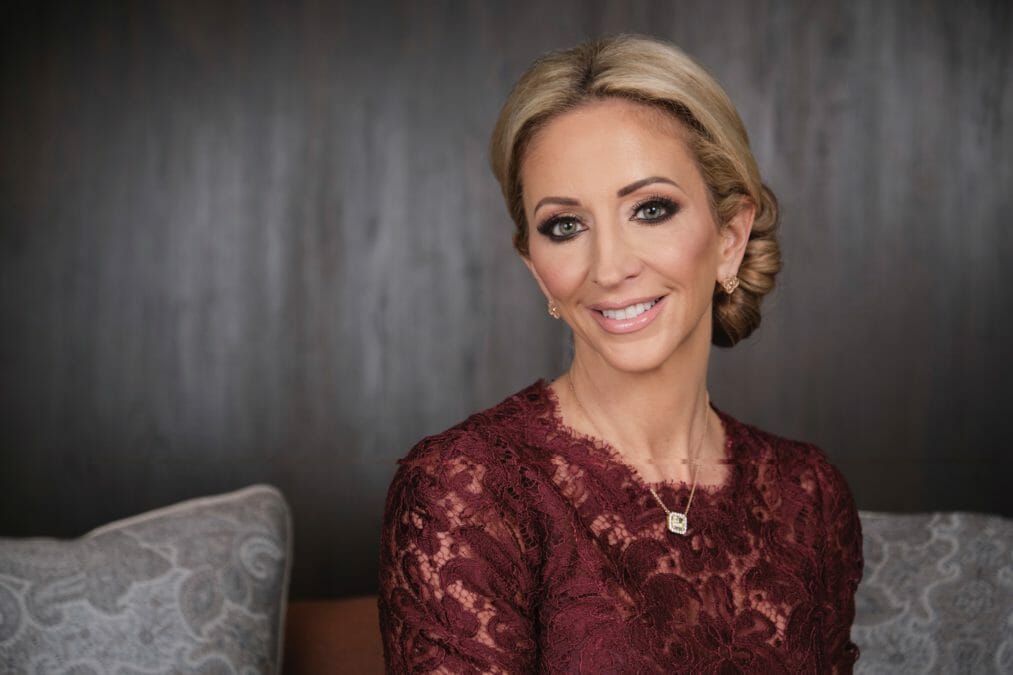Fitbit was founded 12 years ago by Eric Friedman, the current CTO and James Park, the current CEO.
In those 12 years, the company has transitioned from a wide-eyed start-up to a global health phenomenon, which has now transcended into lifestyle choice for over 25 million active users worldwide.
The origin
Fitbit was the third company both Friedman and Park had worked on together.
“We’ve worked together all but one year of James’s adult working life and my entire adult working life,” reveals Friedman. “It’s been a great partnership.” (Perhaps an understatement).
The first company was a middleware based startup, which presented “great technical challenges,” according to Friedman. The problem? The subject of middleware excited the two burgeoning entrepreneurs, but it didn’t do quite the same for their friends and family… time to move on.
The second company they started was a photo-sharing website. “People [the family and friends] are really passionate about sharing photos and we really enjoyed both the technical aspects and also the community aspect of enabling this: creating that social environment,” he continues.
That was in 2005 and Friedman and Park took some of those lessons to Fitbit.*
Fitbit CTO: from start-up to lifestyle choice
Nintendo Wii
After two startups, Friedman admits that both he and his co-founder had become much more sedentary than in their youth and they were looking for ways to motivate themselves to get up and move more.
“We started off with a very technical solution and played the Nintendo Wii,” he quips.
Both were amazed at how this console had really changed gaming from something that was inactive to something that was, at its core, active.
“We thought we can take that; it would be fun building something tangible for a change,” Friedman recollects.
“we’ve got really good at creating wearables that people love to wear” — Friedman
The fitness social network
The idea was to take sensors, package them up and then get people moving as a result, while combining it with the idea of a social network — “that’s a megawatt of fun,” says Friedman.
Remember, Facebook had only just been made available to the world in 2004. The social network buzz was electric.
The future of tech in healthcare: wearables?
Photo-sharing lessons
*The photo-sharing experience developed at their previous start-up inspired Fitbit.
“The hardest part was getting the photos off a camera and into the cloud,” explains Friedman.
“That was the genesis of Fitbit — it must be a connected device that utilises the IoT.”
Fitbit is certainly a pioneer and leader in this space.
Fitbit’s purpose surrounds health, “that’s what we care about” — Friedman
The Fitbit lifestyle choice
Over the past 12 years, Friedman and Park have gone from two guys working in their respective apartments/flats to having shipped over 90 million devices.
They’ve got over 25 million active users and nine billion nights of sleep data.
“It’s an exciting ride and we’ve been very lucky to be part of it,” continues Friedman.
Moving forward: Fitbit health
Moving forward, the future of Fitbit is going to be: how do they make the data increasingly more actionable; how do they take the user on the journey; how do they build the bridge from the consumer into the health industry?
Initially Fitbit was viewed as a motivator, but now it’s more about using all the data its accumulated to show health-driven outcomes.
“We can show that if you deploy Fitbits, you can reduce HbA1c numbers [Diabetes] over time,” Friedman uses as an example.
Closing thoughts
“To me, working with people and finding your passion and what motivates you is really important; for me it’s how do we make the world a healthier place and I think at Fitbit I’m very lucky to have that opportunity to leave the world in a healthier place when I leave it than when I entered it, and I think that’s pretty exciting.”










